PESACH & MAKE BELIEVE
Aliyah is deep within her "make believe" phase. With mere words or the simplest of props, she can reimagine her reality and is transported to another circumstance. I am always in awe at the seamlessness and ease with which she transcends. She is so free and connected to the power of imagination that it feels intensely real and immediately within her grasp.
The Seder calls for us to "be like the child" - until this time I have always understood that on one level. We have to feel into our inner child, because as children we are without inhibition and this weightlessness in spirit is the closest we know to being truly free.
Now though, as I watch Aliyah at play, I understand another reason for being like a child - that is to easily access our magical ability to "make believe". For this is very much the path to accessing the empathy that makes this festival relevant and essential.
The Seder is a journey we take into our ancestry. We can read the words as we do year after year, and count the pages until the meal - But as the very wise daughter of my very wise teacher said, "it's one thing to know it, but it's another thing to experience it." We need to tangibly feel the essence of the Seder to reap its benefits.
This feeling requires us to surrender to the child within, who can effortlessly slip into "make believe" mode. We use the Haggadah as our guide back in time, with its signposts directing us where to pause and sense deeply into a particular moment in history. Our Seder exists to stimulate our senses with song, taste and visuals, triggering (down to a cellular level) the latent, collective memory of our suffering, our Exodus and our transformational ascent to freedom.
The narrative of the Seder is dramatic and emotional. When I described to Aliyah the moment that Moses's mother put him in the basket to protect him, she could so viscerally sense into the story that she began to cry.
Imagine the suffering of the mothers and fathers in Egypt, imagine Yocheved’s anguish at placing her son in a basket, imagine Moses's crisis at discovering his identity - living between two worlds, a conflict of love and justice.
Imagine his escape to the desert, his deep confusion, his encounters with G-d. Imagine his return to the palace in which he grew up to confront his own adopted family. Imagine his hurt and anger when the Jewish people revealed their lack of faith. Imagine his awe at the great responsibility of leading a nation into a wilderness. Imagine leaving Egypt - that heart-bursting jubilation of being set free, held alongside the utter exhaustion and excruciating scars of loss and slavery. If we let go a little and slip into the hearts of these characters we can begin to sense into the feeling of liberty.
On Seder night, as we come through this journey and we feel the power of transition, we are also reminded of our individual power to evolve and experience freedom. Nothing is static and miraculous change on a personal level is within reach.
Passover is a time for clearing and healing. My dear friend Gabrielle, quoted one of her teachers Marianne Williamson, just today - “Let go of your story so the Universe can write a new one for you.” The pilgrimage of our Seder, purging our chametz, surrendering our ego - these are the practices that allow us to shed and make space for something new and liberating to evolve.
It requires us to consider difficult questions - What are we when stripped back to our core? No titles, no masks, no decoration. Are we willing to walk our own road? Are we defined by our belongings? Are we slaves to our technology? To our jobs? To an ideal? To a number of “likes”? We are asked to examine our “inner Pharaoh’s” and get spiritually naked. In this state we celebrate our newfound status like kings! We discover our greatest majesty by route of our greatest vulnerability.
But once again this introspection requires us to lose some self consciousness. To peel off a layer. To go deep. It begs of us to “be as a child” who can engage in that process without an adult attachment and ego.
So this year, let us tell the story of Pesach with a mix of gratitude, awe, empathy and especially with our power to ”make believe”. May that reconnection with our youthfulness allow us transformational insights into our heritage and ourselves.
As we commit to this journey together, as we transport ourselves, may we bring about limitless, ever-expansive, complete body-psyche-spirit freedom for all beings, and in this state may we sing and dance with childlike abandon "Next year in Jerusalem".
Chag Samech and love,
Micaela

